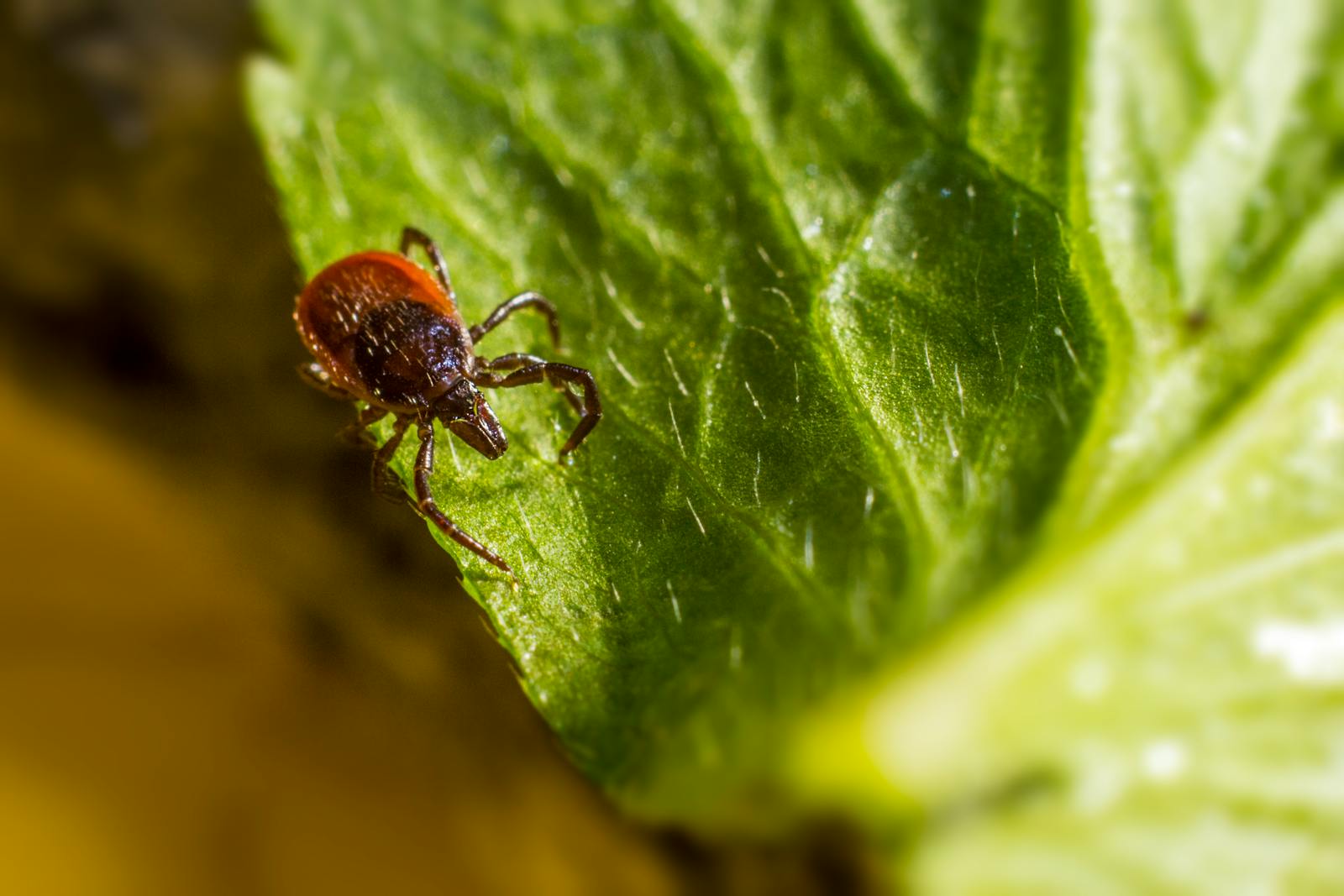
The Eastern Ontario Health Unit (EOHU) is reminding residents to remain vigilant about blacklegged ticks as the health unit has recently identified two ticks on its territory that tested positive for Powassan virus. The finding is a reminder that ticks are active late into the fall. To date, there have not been any cases of Powassan virus in humans in the area.
Besides Powassan virus, ticks have the potential to spread several other diseases, such as Lyme disease, anaplasmosis and babesiosis. While most cases of Lyme disease, anaplasmosis and babesiosis can be treated successfully with medication, there is currently no treatment for Powassan virus.
While getting Powassan virus from a tick bite is rare, it can be severe for some individuals. Most people who become infected with Powassan virus develop either very mild, flu-like symptoms or no symptoms at all. Symptoms can, however, include fever, seizures, vomiting, weakness, confusion, headache, and memory loss. In some individuals, Powassan virus disease can cause serious problems such as encephalitis (inflammation of the brain) or meningitis (inflammation of the membranes that surround the brain and spinal cord).
“There is currently no known treatment for Powassan virus,” says Dr. Paul Roumeliotis, Medical Officer of Health at the EOHU. “With Lyme disease and other tick-borne diseases on the rise in Ontario, it’s very important to take precautions to prevent tick bites. I encourage everyone to visit www.eohu.ca/ticks to learn how to protect yourself and those you care for.”
Taking the following measures when outdoors will help prevent tick bites:
- Wear light-coloured clothing. It makes ticks easier to spot.
- Wear closed footwear, socks, a long-sleeved shirt and long pants. Tuck your shirt into your pants, and tuck your pants into your socks.
- Use an insect repellent that has DEET or Icaridin on clothes and exposed skin (be sure to read and follow the manufacturer’s directions).
- Walk in the centre of cleared paths or trails.
- Keep children and pets from wandering off paths.
- Search your clothes and body for ticks after being outdoors, especially if you were in an area where there’s tall grass or shrubs, or where ticks are known to live. Pay special attention to areas like the groin, navel, armpits, scalp and behind the ears and knees.
- Take a shower as soon as you can after being outdoors to more easily find and wash off any ticks crawling on you.
- Ticks thrive in wet environments. Before washing outdoor clothes, put them in a dryer on high heat for at least 10 minutes to kill any ticks.
Despite taking precautions, it’s still possible to get bitten by a tick. Residents should contact their healthcare provider or pharmacist if they find a tick that’s been attached to their skin for at least 24 hours, or if they develop flu-like symptoms or an unusual rash in the days or weeks following a tick bite.
Ticks are most active in the spring and summer months but can be found at any time of the year when the temperature is above freezing, usually in woodlands, tall grasses and bushes in both rural and urban areas. There are measures you can take to discourage the presence of ticks around your home and to keep ticks off you, your family and your pets.
For more information on how to protect yourself and your loved ones from tick-borne diseases, as well as what to do if you’ve been bitten by a tick, visitwww.eohu.ca/ticks.












